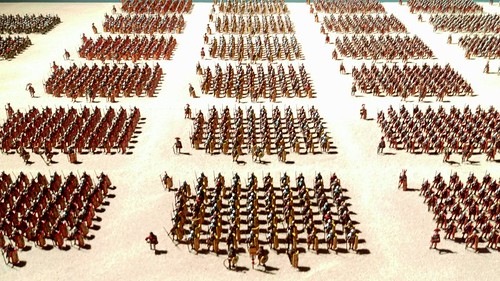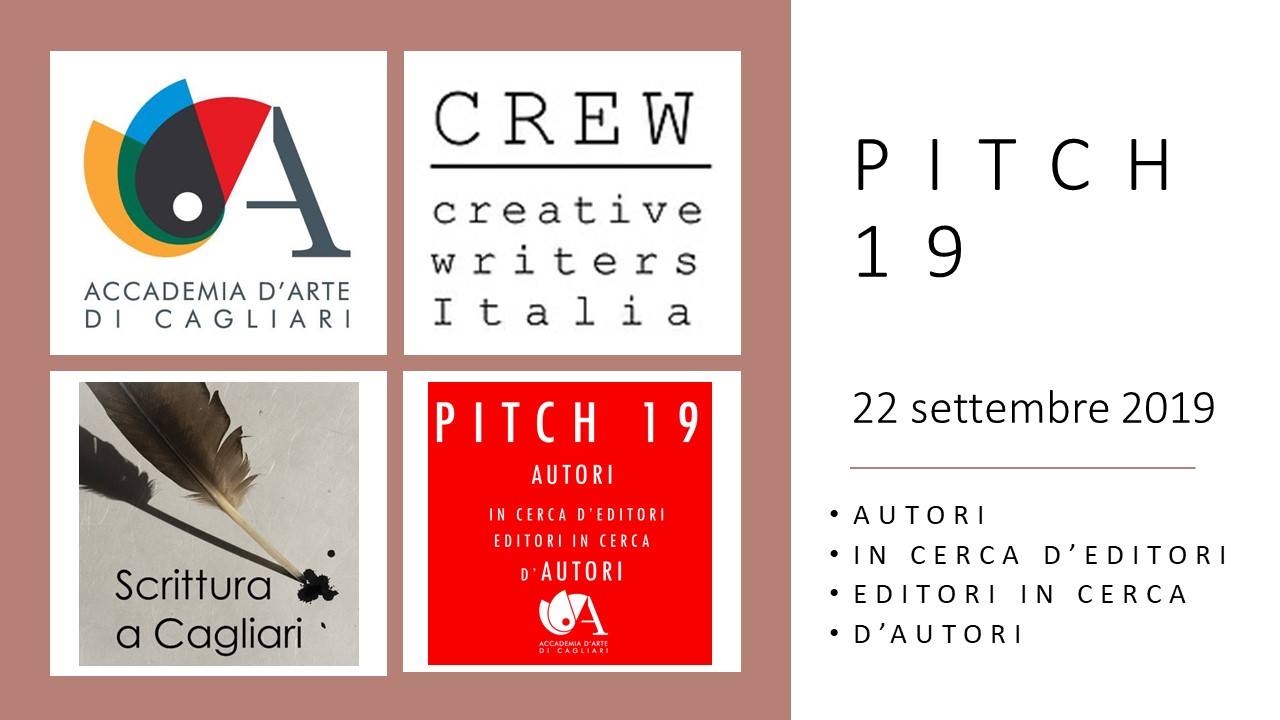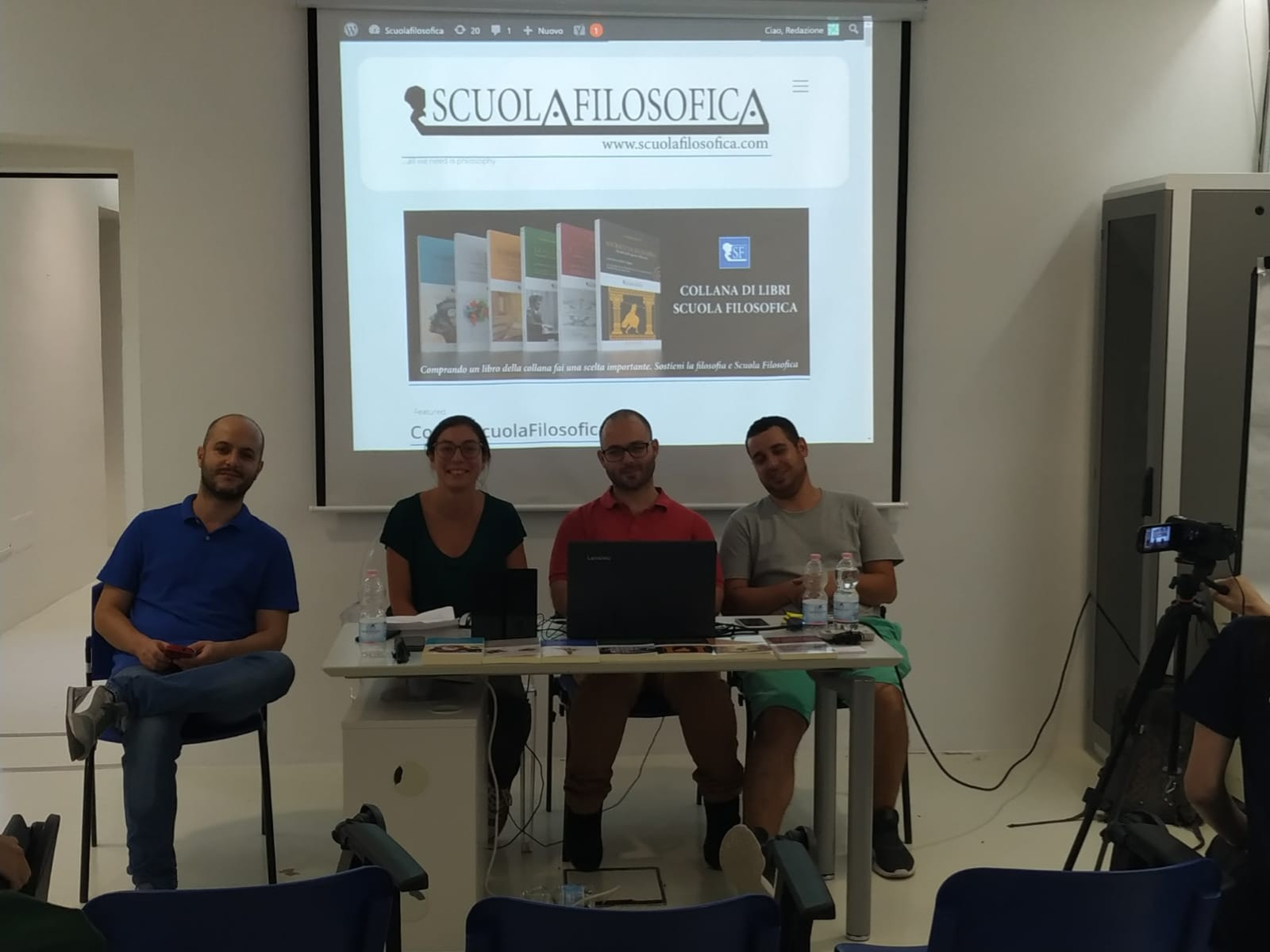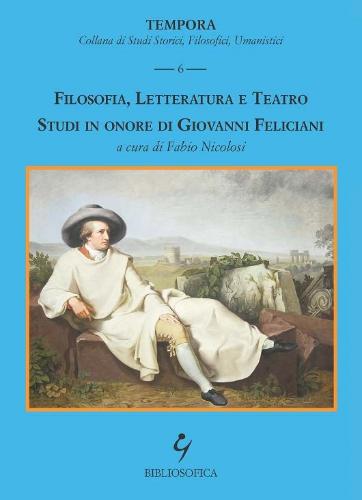Abstract
L’associazione Azione Filosofica lavora nel campo pedagogico ed educativo. Trovando un punto di incontro tra gli ideali filosofici che abbraccia, quali la cultura e la ragione, e i più significativi presupposti formativi, come l’equità e la centralità dell’educando, propone attività laboratoriali che mirano al raggiungimento di precise skills filosofiche con l’intento di migliorare il ragionamento logico dell’individuo in fase di sviluppo.
- Il progetto pedagogico di Azione Filosofica: il background dei laboratori per bambini e adolescenti
Azione Filosofica (AF) è un’associazione culturale, nata dal blog www.scuolafilosofica.com (SF), che porta avanti iniziative culturali le quali nascono, in prima istanza, come promotrici di quegli ideali di diffusione della Ragione, Cultura e Equità in cui l’associazione stessa si identifica. Per incoraggiare e sostenere tale missione, AF si assume la responsabilità di avanzare percorsi di carattere educativo, coinvolgendo un bacino d’utenza il più possibile vasto ed eterogeneo in età, genere, religione, gruppo etnico e, più genericamente, accogliendo qualsiasi identità culturale con cui è possibile interfacciarsi.












